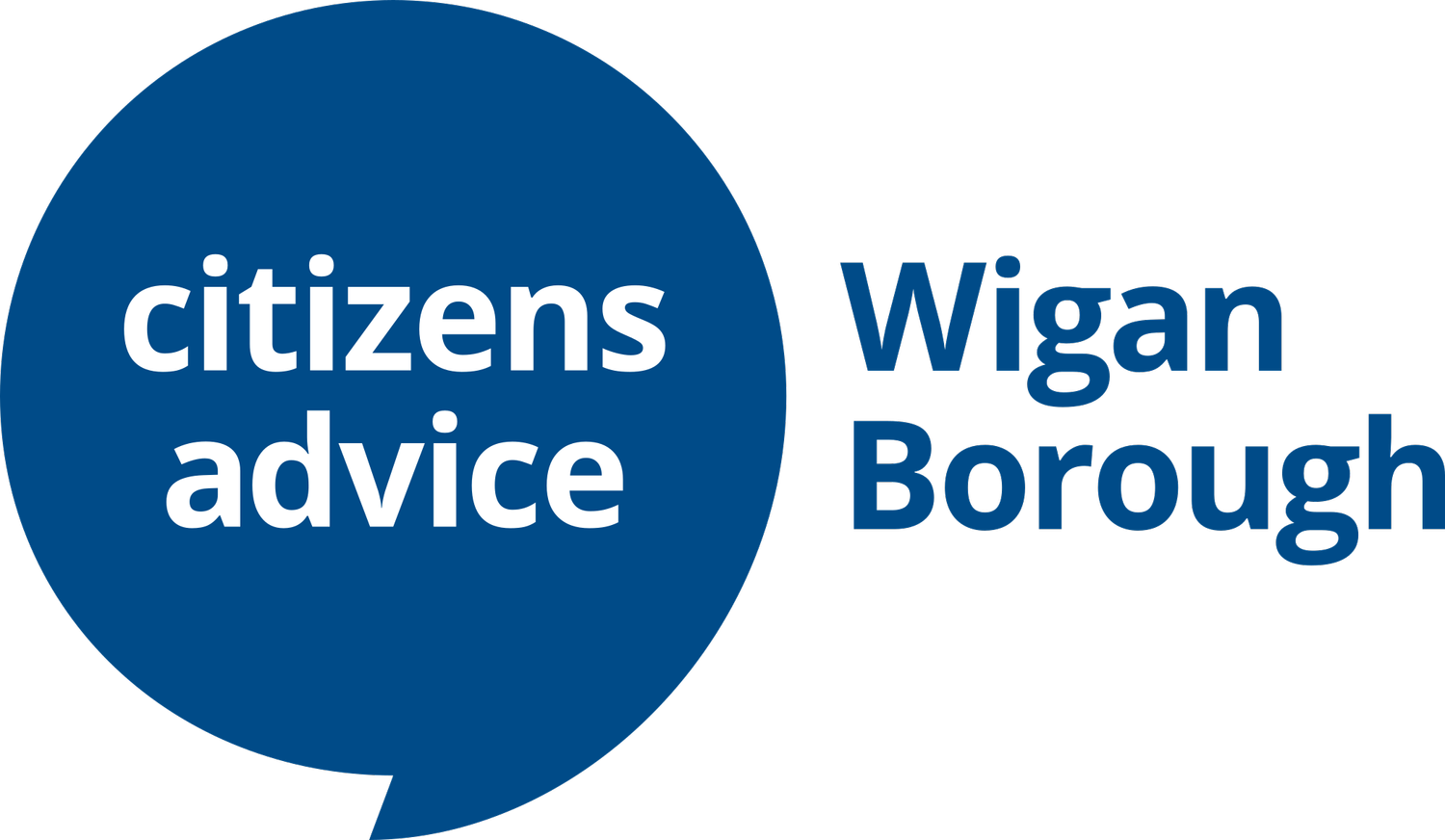The eviction ban is set to end - what you need to know
*PLEASE BE AWARE THIS IS AN OLDER POST AND THERE MAY BE A MORE UP TO DATE POST, OR UPDATED INFORMATION AVAILABLE ON https://www.citizensadvice.org.uk/ *
The ban on bailiff-forced evictions is set to end on 31 March - meaning if you’ve fallen behind on rent payments your landlord will legally be able evict you.
We know this is worrying for a lot of our clients - if you’ve fallen behind on rent payments or your landlord has already started eviction proceedings, it’s important to get help as soon as possible.
We’ve put together this blog with some tips on what you should do depending on your situation - if you’re worried about being evicted, you should get in touch with our team as soon as possible.
Find out where you are in the process
Your landlord can’t just evict you without warning - there are three stages they legally have to go through first. In order to evict you, a landlord has to serve you a notice, obtain a possession order from the court and then apply for a bailiff visit to evict you. It’s important you find out where you are in this process.
If you haven’t been given formal notice then you won’t be evicted for many months, however if your landlord has already got a possession order and applied for a bailiff date then you could be evicted with 14 days notice.
If you’re worried about eviction
Even if your landlord hasn’t given you formal notice, it’s possible you’re in rent arrears and are worrying about the possibility of being evicted. It’s a good idea to talk to your landlord and explain the effect COVID-19 has had on your household and income - they might accept reduced payments or let you pay back arrears at a rate you can afford.
You should also try to boost your income by making sure you’re receiving all the benefits you could be entitled to - get in touch with our team if you need help working out your eligibility or applying for benefits.
If you’ve been given notice
After 31 March courts will start eviction hearings again. Depending when your landlord started the claim, you might be given a court date automatically or your landlord might need to serve a ‘reactivation notice’ to begin the proceedings.
Make sure you return your defence form - the court will consider your evidence and might allow you extra time in the property. It’s important to provide any evidence of information you gave your landlord about the effect COVID-19 had on your income and rent payments. If you need help with this get in touch.
If you’ve had a possession order
The court may have already decided your case before the eviction ban started on 27 March 2020 - you could be given 14 days notice after 31 March before bailiffs carry out an eviction.
If you’ve been served notice or a bailiff tries to evict you it’s important you seek urgent advice from us - about whether there’s any way to prevent or delay your eviction or about finding alternative accommodation.
If you feel your landlord has discriminated against you
You may be able to challenge your eviction if your landlord has discriminated against you. This could mean evicting you because of who you are or in a way that is more difficult for you, evicting you for a reason connected to your disability or because you’ve complained about discrimination before.
If you feel you’ve been discriminated against or treated unfairly by your landlord this decision can be challenged in court. Find out more about discrimination here or get in touch with us.
Get in touch
If you’re worried about eviction or need help with a housing-related issue, get in touch with our team today - call us free on 0808 2787 801.
